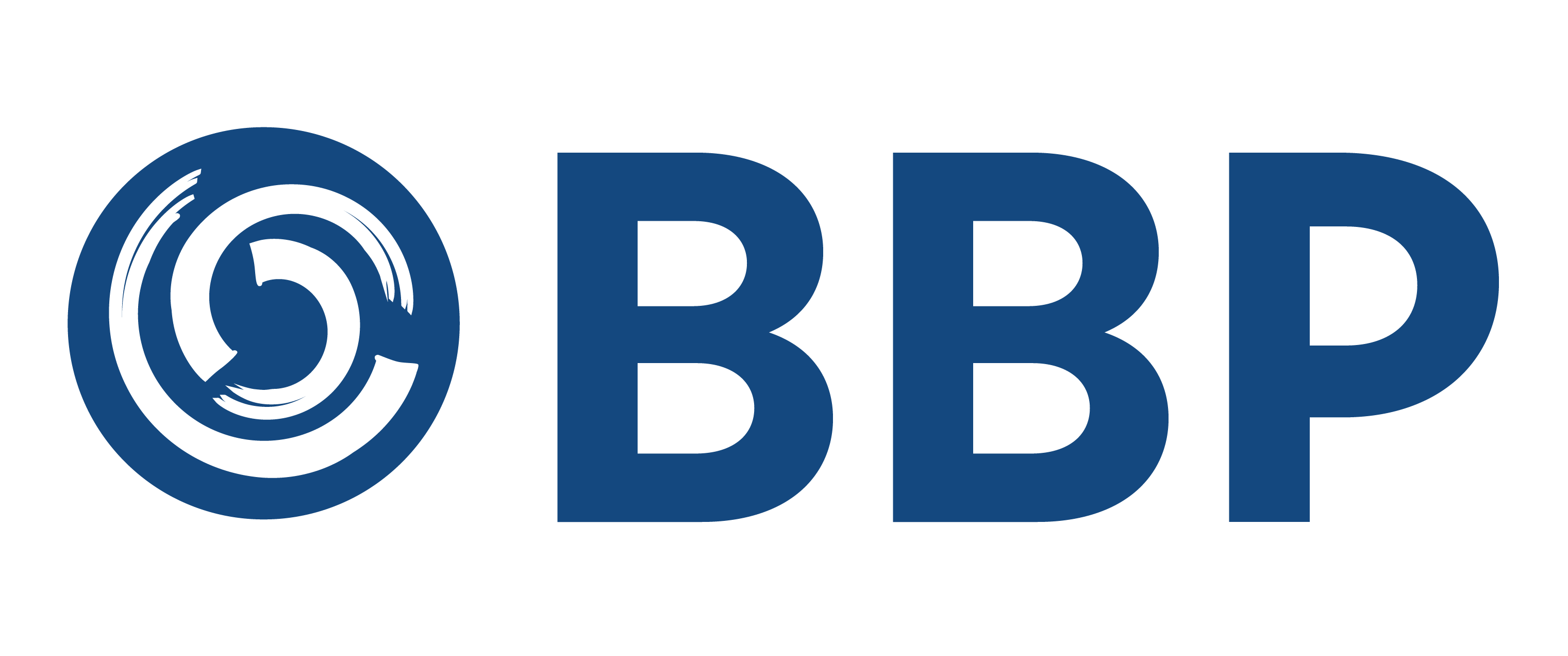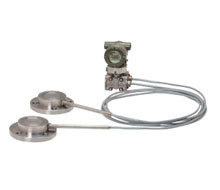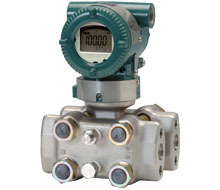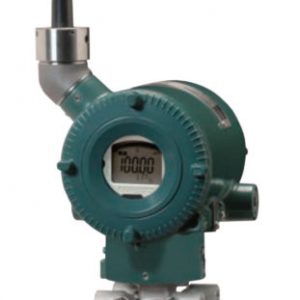Description
The low flow transmitter EJA115E is a differential pressure transmitter (Secondary Element) assembled with an integral orifice (Primary Element). The EJA115E is engineered to provide excellent low flow measurement. It outputs an analog 4 to 20 mA DC signal corresponding to the measured flow. Its accurate and stable DPharp pressure sensor can also measure the static pressure. The static pressure can be displayed on the integral indicator or remotely monitored via digital communications. Other key features include quick response, remote set-up using communications, and self-diagnostics. Analog 4 to 20 mA DC with HART (5 or 7) or BRAIN protocol, all digital FOUNDATION Fieldbus or PROFIBUS PA, or 1 to 5 V DC with HART 7 (Low Power) protocols are available. All EJA-E series models in their standard configuration, except the FOUNDATION Fieldbus, PROFIBUS PA and 1 to 5 V DC types, are certified by TÜV as complying with SIL 2 for safety requirement.
The EJA115E is Differential Pressure Transmitter in the series optimized for low flow applications with the addition of an Integral Flow Orifice (IFO) assembly.
The EJA115E is designed to measure accurately, transmit quickly, and do it reliably over time.
- Accurately: ±0.055% Square Root Output Accuracy
- Quickly: 90 ms Response Time
- Reliably: ±0.1% per 10 years Stability (DP)
Bore Sizes
- Bore sizes avilable are 0.508mm, 0.864mm, 1.511mm, 2.527mm, 4.039mm, or 6.350mm.
- One is included with each EJA115E, or an entire set can be purchased separately.
- The actual bore used has to be determined based on the process data.
Digital Performance
Using the latest in semiconductor design and manufacturing technology, Yokogawa designed the DPharp digital sensor to deliver improved performance and reliability over the competitor’s old technology analog sensors. Although analog sensors are suitable, the advanced DPharp sensor outperforms even the best analog sensor. A Yokogawa transmitter with the DPharp digital sensor gives the consistent, reliable, accurate measurement needed.
Accuracy Under All Operating Conditions
Yokogawa’s DPharp sensor can measure the differential pressure (DP), static pressure (SP), and sensor temperature from a single sensor. Given these three pieces of process data, the EJA110E transmitter can compensate the DP measurement for Temperature Effect and Static Pressure Effect in real time. This compensation is referred to as Dynamic Compensation and improves the DP measurement accuracy. Competitor’s analog sensors can only measure DP and Sensor temperature. So, theirs can compensate for temperature Effect; but, since the SP measurement is missing, it cannot compensate for Static Pressure Effects.
Stability Under All Operating Conditions
To some degree, all pressure sensors on the market provide stable measurement with variations in temperature and static pressure. However, what happens when the sensor is over-pressured (pressure > sensor Upper Range Limit (URL)) – like occurs when a manifold is incorrectly sequenced during start-up or shutdown? Alternatively, a process upset? Analog sensors are damaged during these events requiring the transmitter to be recalibrated to return to the accurate operation or even replaced. The EJA110E can withstand overpressure events up to 2,300 psi. Once it returns to normal operating pressure (pressure < URL of the sensor), the transmitter returns to operation within the defined accuracy and stability specifications – no need to recalibrate. The Yokogawa DPharp sensor has a more significant operational envelope compared to an analog sensor.
Specifications:
The EJA115E measures and transmits a primary and secondary variable. The Primary variable is the differential pressure generated by the IFO. The analog output of this variable can be set to Linear mode (for sending to a flow computer) or Square Root mode (to provide volumetric flow measurement). The Secondary variable is the static line pressure. It can be set to measure off the high-pressure side or the low-pressure side of the IFO as either an absolute or calculated gauge pressure measurement. The secondary variable is transmitted via the digital protocol. A flow computer can use the information.
To learn more about low-flow process transmitters available at BBP, click here.







